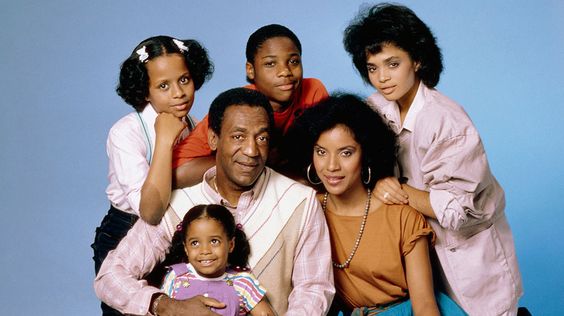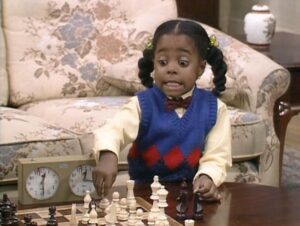
Five ways ‘The Cosby Show’ changed television

On September 20, 1984, television history changed forever when “The Cosby Show” debuted. Created and starring Bill Cosby, this groundbreaking NBC sitcom became an instant hit and changed the landscape of television. The cast of “The Cosby Show,” led by Cosby as Dr. Cliff Huxtable and the accomplished Phylicia Rashad as Clair Huxtable, continues to shine as one of television’s most beloved families in history. Malcolm-Jamal Warner, Lisa Bonet, Tempestt Bledsoe, Keshia Knight Pulliam and Sabrina Le Beauf play the Huxtable children.
As we celebrate its premiere, let’s explore five ways “The Cosby Show” changed television and American culture.
Representation issues: “The Cosby Show” broke barriers by portraying a wealthy Black family, the Huxtables, who broke stereotypes. It showed people of color leading successful, middle-class lives, which was a rare image at the time. This revolution represents more diverse and inclusive storytelling on television.
Challenging conventional gender roles: The show challenges traditional gender roles by introducing Clair Huxtable, portrayed by Phylicia Rashad, as a successful lawyer and mother. Her character embodies the idea that women can excel in their careers and as caregivers, followed by television shows and social norms.
Family-centered storytelling: “The Cosby Show” emphasizes the importance of family values and shows a loving, close-knit family. This family-centered approach resonated with viewers, encouraging other shows to prioritize family dynamics and genuine relationships over one-sided humor.
Introducing new talent: “The Cosby Show” regularly features guest stars, often introducing emerging talent. By providing a platform to these actors and comedians, the show helped them become more known. Some of the up-and-coming actors who got a break from “The Cosby Show” are Jenifer Lewis, Adam Sandler, Angela Bassett, Essence Atkins and Carl Anthony Payne II, who later played Cole on “Martin.”
Tackles important issues: The show doesn’t shy away from tackling important social issues like racism, sexism, education, and teen pregnancy. These storylines promote meaningful conversations among viewers, increasing awareness and understanding of important topics.
Looking back, “The Cosby Show” was more than just a television show; it’s a cultural milestone. Its impact on television and society continues to be felt, reminding us of the power of inclusive representation and authentic storytelling. On this anniversary, we honor the lasting influence of “The Cosby Show” and its legacy in American television history.
